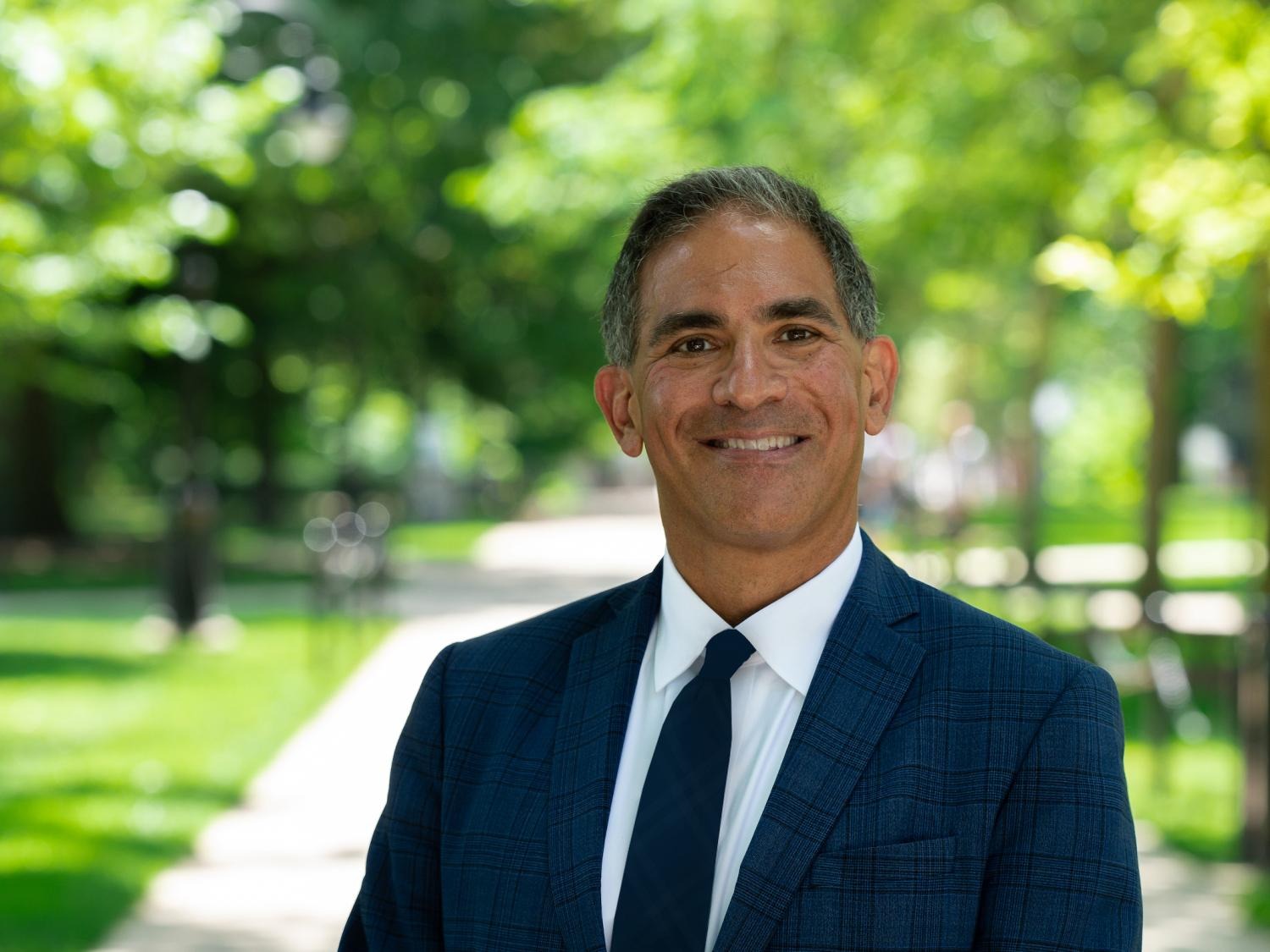Photo: Eric Whitney
There's going to be a whole new way for many Coloradans to buy health insurance if a bill introduced today goes through. It will set up a so-called “exchange,” where increased competition will drive down prices.
That's what it's sponsors and the governor are promising, anyway.
Colorado Public Radio Health Reporter Eric Whitney says the bill would help implement part of the federal health care overall. And it’s getting support from both parties - which haven’t agreed on much about health care reform until now.
WHITNEY: Amy Stephens is no fan of the federal Affordable Care Act. The El Paso County Republican is sponsoring a bill that would let Colorado opt out it.
But at a Monday press conference, she stood shoulder to shoulder with Democrats Betty Boyd and John Hickenlooper to support a bill that would help enact a big part of the federal health law in Colorado.
STEPHENS: I want to tell you I think it's good work. This is really good bi-partisan work.
WHITNEY: The bill would set up a health insurance exchange - simply a place where people can shop for health insurance. They’re aimed at the uninsured, the self-employed and people who work for small businesses The federal health care law says states have to set these up by 2014, but Stephens says she liked them well before that law was even drafted.
STEPHENS: I have always thought this was a good idea, and regardless of what happens nationally, Colorado has to stand on it's own in having this discussion.
WHITNEY: The federal law’s requirement that states have exchanges is tied to its requirement that nearly all Americans have health coverage by 2014. People who make less than $45,000 a year will get subsidies to help them buy it, but only if they buy policies through an exchange.
So the state’s job is to set up an exchange where people can find policies that meet the federal requirement to have insurance. And the prices need to be low enough that people will see buying the policies as a better option than paying a tax penalty for not having insurance.
State Senator Betty Boyd says it should work.
BOYD: we're setting up a competitive marketplace, so if indeed you believe competition is going to lower costs, I would say the answer is yes.
WHITNEY: Someone has to run the exchange, and the bill introduced today calls for a nine-member board, with the governor appointing five members. Majority and minority party leaders in the House and Senate would appoint the other four. The insurance industry would be allowed to hold up to four of the nine seats, but Governor Hickenlooper says there shouldn't be too much concern about the industry working solely in its own self interest.
HICKENLOOPER: my guess is that were going to see every one working very hard to make this as successful as possible, there aren't a lot of conflicting self interests here.
WHITNEY: Jim Sugden, who represents health insurance underwriters in Colorado says, at a minimum, insurance companies will want to make sure Colorado’s exchange won’t cause them to lose money.
SUGDEN: if the exchange comes out with guns blazing and says, ok carriers, we’re gonna lay down the law, this is exactly what you’re gonna do and if you don’t like it you can walk, you’ll find a lot of carriers who will walk.
WHITNEY: But consumer advocates want to make sure that an exchange that works for insurance companies also works for people buying insurance. Dede de Percin, with the Colorado Consumer Health Initiative says consumers and small businesses should be in charge of running the exchange.
DE PERCIN: we'd like to see it structured in a way that helps businesses and individuals better shop, compare and use their insurance.
WHITNEY: That's what the Governor and lawmakers Boyd and Stephens are promising. A simple internet portal, like Orbitz or Travelocity, where people and businesses can easily compare prices and coverage from multiple carriers.
It soundssimple, but there are both technological and philosophical hurdles to get over. The first step is getting this exchange bill passed. That will allow the governor and lawmakers to appoint a governing board. Once it's in place, then the debate over exactly what Colorado’s health insurance exchange should look like can begin.









